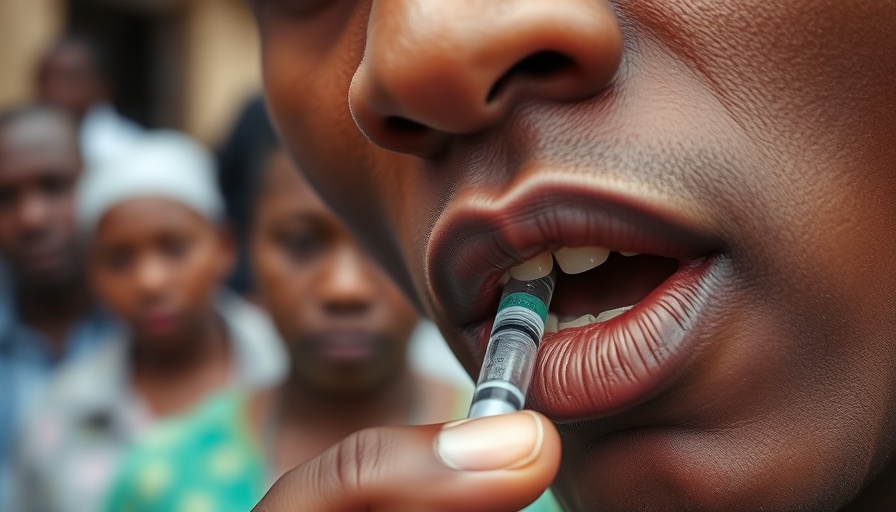
The Drug Abuse Epidemic: A Dire Crisis in Nigeria
Nigeria stands at a perilous crossroads as the drug abuse crisis relentlessly tightens its grip across the nation, particularly among the youth. The disturbing narrative surrounding substance abuse was recently amplified by a shocking viral video showing a mother feeding a sachet of alcohol to her infant. This alarming act has sparked outrage and raised questions about the societal implications of drug abuse in Nigeria, underscoring a silent epidemic that affects families and communities alike.
In 'Drug Abuse Crisis in Nigeria: The Rising Epidemic,' the discussion dives into a trending yet deeply alarming issue, exploring key insights that sparked deeper analysis on our end.
Trauma and Neglect: Underlying Causes of Drug Abuse
Behind the rising statistics of drug addiction lies a deeper, often unspoken reality—trauma, neglect, and systemic failures. Many individuals, particularly younger generations, turn to substances like codeine and tramadol as a means of coping with overwhelming pressures from society, financial struggles, and lack of emotional support. Addiction does not merely arise from the drugs themselves; rather, it flourishes in environments plagued by broken homes, inadequate support systems, and societal neglect.
The Role of Media and Social Influence in Normalizing Drug Use
Media portrayals of drug use—whether through music videos, online content, or societal memes—often glamorize substance consumption instead of addressing its consequences. According to experts, the normalization of drug culture can lead to young people perceiving drug use as a rite of passage or element of acceptance within their social circles. This sentiment fuels hazardous behavior that puts them at risk of addiction and its dire ramifications.
Parenting Missteps and the Need for Awareness
Parents hold a pivotal role in combating the drug abuse crisis, yet many are oblivious to the signs of potential substance misuse. Factors such as late-night outings, erratic behavior, and declining academic performance are often dismissed, resulting in delayed intervention. Encouraging open dialogue within families about the dangers of drugs is crucial. Parents must establish a supportive environment that fosters communication, in which children feel safe to discuss their emotions and experiences.
Confronting the Epidemic: Calls for National Intervention
Experts advocate for a national emergency declaration on substance abuse akin to responses in other countries grappling with similar crises. With projections indicating significant increases in drug use throughout Africa, it is imperative for the Nigerian government to prioritize the issue, implementing policies that address addiction from a public health and social assistance standpoint. Communities need accessible educational resources about the dangers of drug use to combat prevailing myths and stigma associated with addiction.
Pathways to Recovery and Reintegration
Recovery from addiction is possible, with numerous success stories emerging from various rehabilitation centers across Nigeria. However, sustainable recovery requires comprehensive support from families and society. Drug treatment facilities must focus not only on detoxification but also on the psychological and social factors that contribute to addiction. Those recovering from addiction should be welcomed back into society without stigma, as their experiences can serve as powerful testimonies that deter others from falling into similar traps.
The conversation surrounding drug abuse is not just about individual choices; it's a collective responsibility that involves families, schools, and communities. Addressing the crisis calls for an informed and compassionate approach, steering away from judgment and towards understanding and support.
 Add Row
Add Row  Add
Add 


Write A Comment